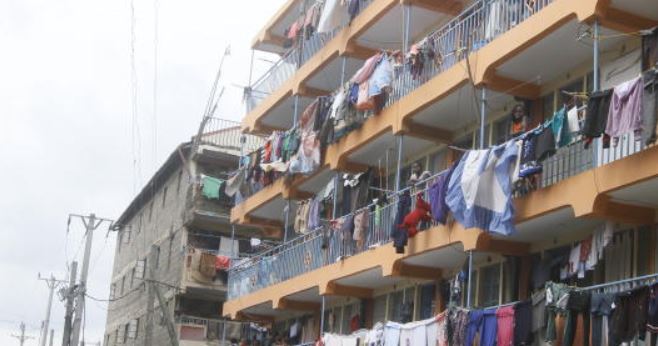×
The Standard e-Paper
Fearless, Trusted News

The Urban Tenants Association of Kenya (Utak) wants the Rent Restriction Tribunal amended to give renters more power to deal with landlords.
The association also wants land rates that local authorities charge to be subjected to legal control. This, it says, should be done through establishment of a rent and rates regulatory authority to replace the rent tribunal.